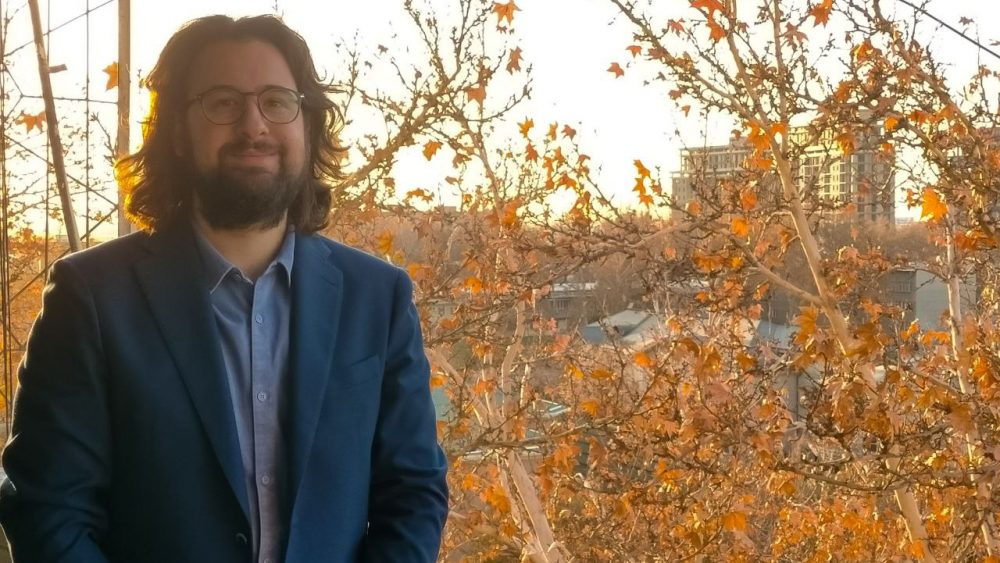Carlo Nicoli Aldini, a project assistant in the Central Asian Law Project, has just been offered a PhD position at the Agenda 2030 School at Lund University. Carlo was chosen at the end of a selection process which consisted of 182 applications for two positions. We asked Carlo to describe his research interests and PhD project:
“I was born in Bologna, Italy, where I received a law degree in 2014. I then worked for approximately three years as a legal consultant in the corporate law sector, and then quit the profession as I was looking for a different, more scholarly way to “make sense” of my legal knowledge. I thus embarked on a three-year back-in-school journey, and I first obtained an LL.M. (Master of Laws) degree from Cornell Law School in 2019, and then a Master of Science degree in the Sociology of Law from Lund University in 2021. These degrees have helped me to expand my knowledge on law and to problematize its presence and impact in society. In particular, I have developed research interests on legal pluralism and its intersection with legal culture and legal consciousness. Generally put, I am interested in understanding (1) how multiple legal systems coexist in the same social arena, how they interact, change, and influence one another; (2) how these interactions vary across cultures and political contexts; and (3) what role individuals’ agency plays in these processes.
These interests of mine are reflected in my PhD project, which aims to comprehend how populations who have been invested by environmental tragedies have relied upon law(s) as a tool of social resilience, and how these practices vary from democratic to authoritarian political regimes. More specifically, I have designed a comparative study of Italy and Uzbekistan, respectively a democratic and an authoritarian regime, which have both been a theater of an environmental disaster in recent years. On the one hand, Italy houses the largest steel factory in Europe, ILVA, whose pollution has devastated the city of Taranto and substantially increased the rate of death by cancer of the local population. On the other hand, Uzbekistan is home to the Aral Sea, once the fourth biggest lake on Earth, which has dramatically reduced its size due to the drainage of water from its two tributaries decided during the Soviet planning of the cotton economy. The choice of Uzbekistan and Italy is also informed by the fact that both countries display traits of legal pluralism, and thus my analysis aims to understand how practices of social resilience are shaped by norms coming from multiple legal systems (both institutional and informal). The intention with my study is, therefore, to grasp how the local populations have relied upon law(s) to resist, adapt, and create new opportunities in the face of environmental tragedies, and to ultimately understand how these practices vary depending on the existing political regime.
My PhD project is funded by the Faculty of Social Science at Lund University, and it is part of the Agenda 2030 School, which aims to create multidisciplinary knowledge to foster the implementation of the UN’s Agenda and its Sustainable Development Goals.”

